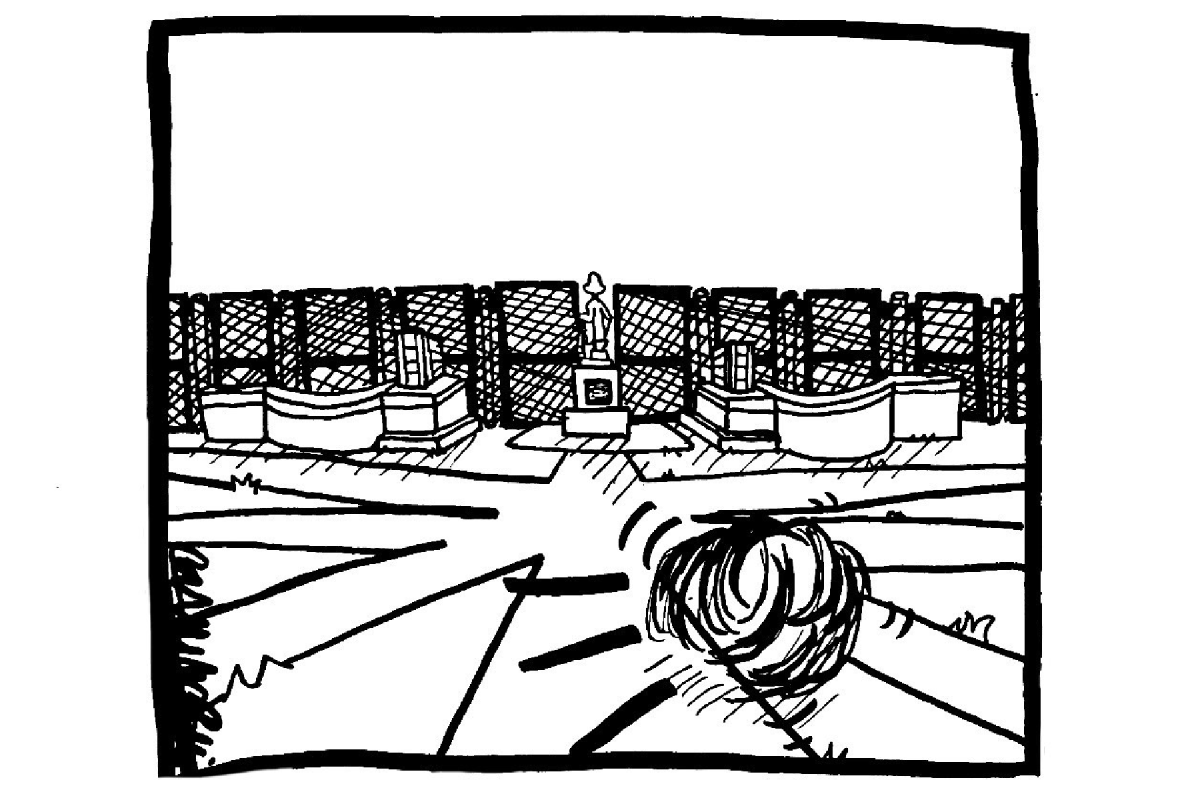“The room will remain intact as a shrine to the past.” So said former GW Director of Media Relations Barbara Porter of the room where two of the “White House plumbers” witnessed a “third-rate burglary” that began the Watergate scandal. When the University bought what was once the Howard Johnson hotel and turned it into the Hall on Virginia Avenue, Porter promised GW would preserve the history of room 723 and not use it for student housing. The room provided an important link to our political past and would serve an important educational experience, GW said.
Now, Assistant Dean of Students Mark Levine and the Community Living and Learning Center are reneging on the University’s promise by removing the historical artifacts in room 723 and treating it like any other room in HOVA by housing students there. At a University that is constantly reinventing itself and attempting to create new traditions – like the entire hippopotamus concept – cannibalizing one of GW’s few remaining slices of actual history does a disservice to students and alumni.
The Watergate scandal remains one of the seminal moments in American history. It prompted the first, and so far only, resignation of a president, and it fundamentally changed the way Americans view government, the press and their interactions. The scandal’s influence has touched other presidential peccadilloes, if only by the way we name them: Travel-gate, File-gate, Monica-gate.
GW loves to advertise its position in the heart of modern D.C., but too often administrators forget about GW’s inclusion in the District of the past. The former Uruguayan embassy, houses designed by one of the builders of the Capitol, a Civil War-era hospital and countless other points of interest are located on campus, but students and especially administrators remain sadly ignorant of their presence.
The artifacts in room 723 will go to the dusty University Archives in Gelman Library where they will no doubt languish in obscurity rather than stay on display as a living reminder of the history that surrounds us all.
So little remains of the past at a University that constructs or plans to build so many new buildings where others linked to the past once stood. GW should not sacrifice what little history we have left – the history that makes this place unique – for the expediency of opening up two more residence hall beds.




